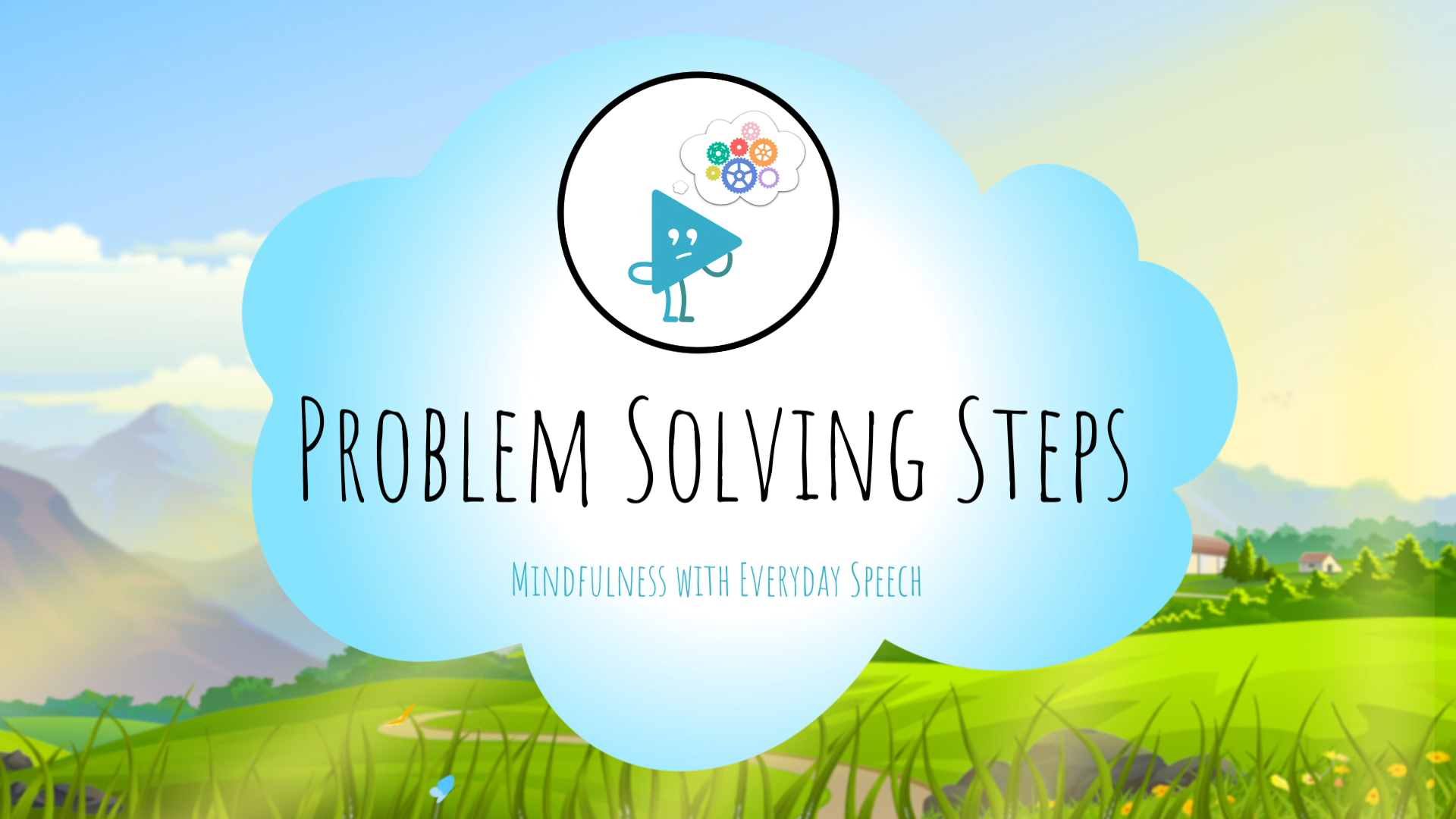
Introduction
Problem-solving is a vital skill that students need to develop in order to navigate the complexities of life. It involves understanding a problem, evaluating possible solutions, and selecting the most effective course of action. As students grow older, they face increasingly challenging problems, both at school and at home. By incorporating principles of Social-Emotional Learning, educators can help students become better problem-solvers and foster the development of essential life skills.
No-Prep Activity: Problem-Solving Scenarios
This activity requires no preparation or materials and can be easily incorporated into any classroom setting. The goal is to help students practice their problem-solving skills in a safe and supportive environment.
- Divide the class into small groups of 3-4 students.
- Present a common problem scenario to the entire class. For example, a disagreement between friends or a scheduling conflict.
- Ask each group to discuss the problem and work together to identify the key issues, determine the size of the problem, and brainstorm possible solutions.
- After a set amount of time, ask each group to share their chosen solution and explain their reasoning.
- As a class, discuss the various solutions presented and explore the potential outcomes of each one. Encourage students to consider the feelings of others involved and the potential consequences of their actions.
Discussion Questions
- How did your group approach the problem-solving process? Did everyone contribute to the discussion, or did some individuals take the lead?
- What factors did you consider when evaluating the potential solutions? How did you determine which solution was the most effective?
- How can you apply the problem-solving steps to real-life situations you may face in the future?
- Why is it important to consider the feelings and perspectives of others when solving problems?
- How can practicing problem-solving skills help you develop other important life skills?
Related Skills
Developing problem-solving skills can also help students improve in other areas of their social-emotional development. Some related skills include:
- Communication: Effectively conveying thoughts and ideas is essential for working through problems with others.
- Active Listening: Paying close attention to what others are saying can provide valuable insights and help identify potential solutions.
- Empathy: Understanding the feelings and perspectives of others can lead to more compassionate and effective problem-solving.
- Self-Regulation: Managing emotions and impulses can help students stay focused and calm when faced with challenging problems.
Next Steps
Now that you’ve explored the importance of problem-solving skills and learned a no-prep activity to help students develop these abilities, consider incorporating more social-emotional learning strategies into your classroom. To get started, sign up for free samples of problem-solving materials and other resources from Everyday Speech. These tools can help you create a more supportive and engaging learning environment that fosters the development of essential life skills.

